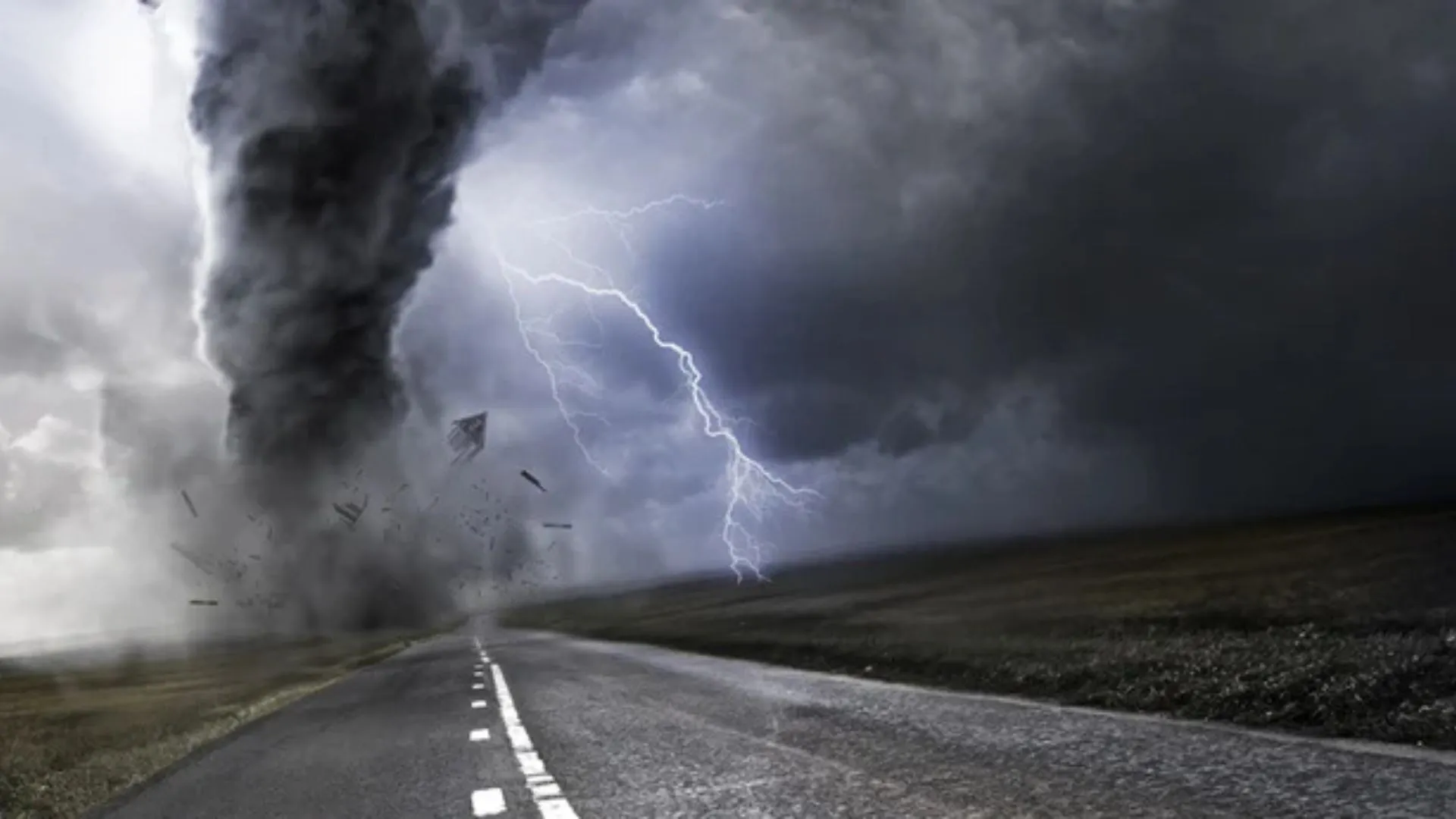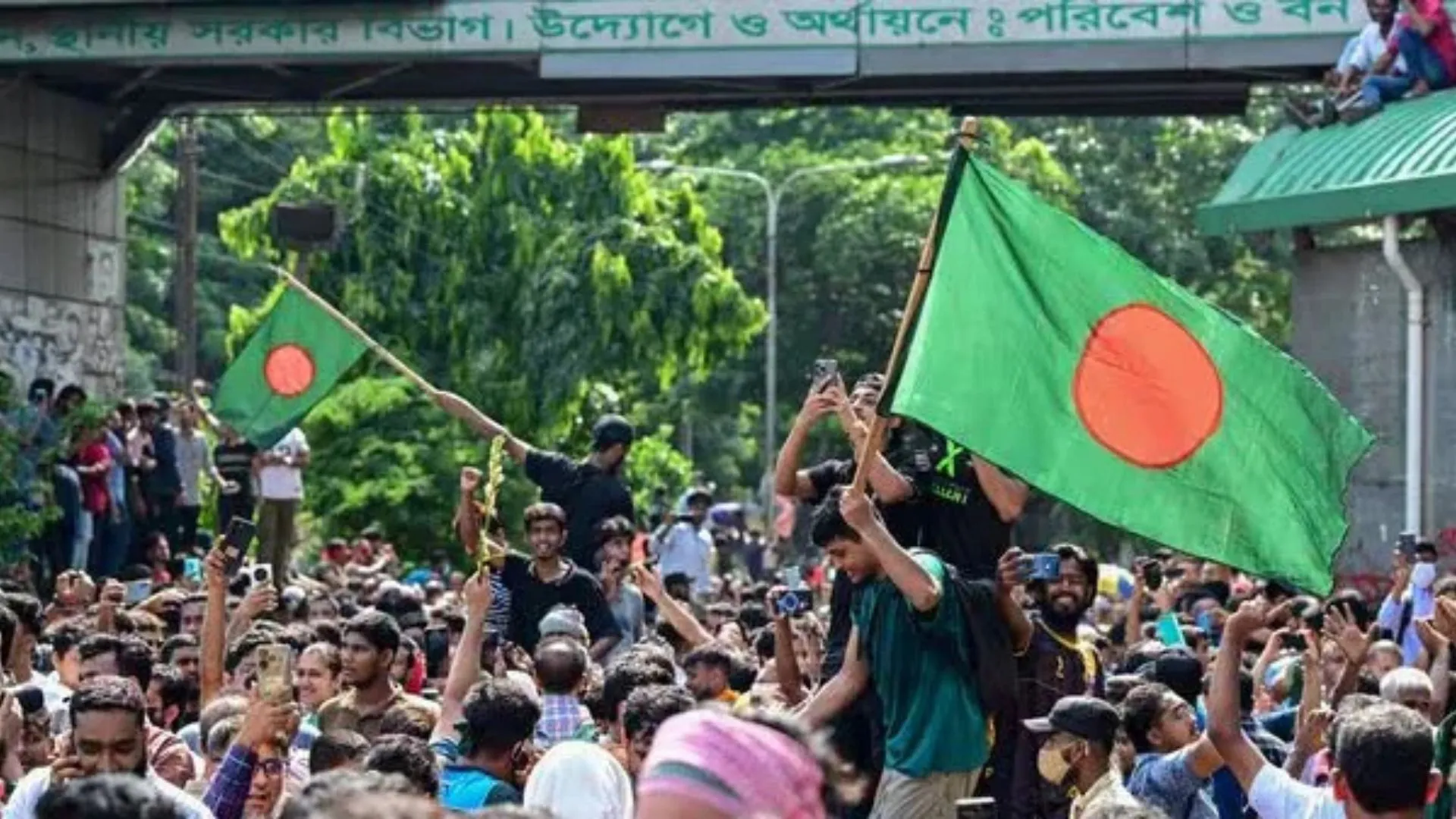The outcome of the war in Gaza is already clear. Israel is so strong relative to Hamas that it can both defeat Hamas and establish almost any new security structure in Gaza that Israel wants. It does face limited threat from attacks by Palestinians in Israel and in the West Bank, but they are unlikely to rise above sporadic incidents of violence. In practice, Israel will be able to create almost any security structure in Gaza that it wants to limit Palestinian action in Israel and the West Bank to demonstrations and small acts of violence or terrorism.
As for the rest of the Arab world, Israel does not seem to face any major direct military threat from its Arab neighbors. Lebanon is in chaos. Hezbollah can raise the ante in terms of missile attacks and cross-border infiltration but is vulnerable to far superior Israel air and missile attacks. Egypt is strong in military terms but is no longer organized and prepared to fight Israel and is caught up in its own economic crisis and political problems. Jordan now has only limited military forces, is not organized to fight Israel, and has its own internal economic and political challenges.
The Arab Gulf states may provide some aid money and political support, but they will continue to focus on Iran and not take any serious military action or risk a major political confrontation with Israel or split with the United States.
Four Enclaves Instead of Two States
As Hamas’s invasion demonstrates, Israel’s most serious current threat is internal and to some extent self-inflicted. It is driven by Israel’s failure to offer Palestinians either real statehood or security and equal economic and political opportunity. Instead of statehood, Palestinians are divided into four Israeli-controlled enclaves, each with different causes of tension between Israel and the Palestinians and somewhat different pressures on its resident Palestinians.
The first such enclave that makes up the “no-state” solution is the greater Jerusalem area, with tensions and conflicts over control of its older central core, its holy places, housing and business restrictions on Palestinians in East Jerusalem, a steadily larger Israeli majority and control over greater Jerusalem, and exceptional security limits. The second enclave is the rest of Israel, with somewhat different regulations on Palestinian rights, citizenship, and movements, and tight surveillance and security.
The third is the West Bank, with the hollow shell of a Palestinian government, de facto Israeli security control over Palestinian security forces, tight control over Palestinian movements and access to the rest of Israel, and a steadily growing presence by Israeli “settlers” that is rising sharply with the support of the Netanyahu government. The fourth enclave is Gaza, which presents by far the worst set of pressures on Palestinians. It has some 2.1 million Palestinians and no Israeli Jews and is only twice the size of the greater Washington D.C. area. It has no major industry or exports. It depends on Israel for most of its potable water and electric power. Its small garden crop areas are part of the Israeli security zone. It has close to 50 percent unemployment and 50 percent direct dependence on foreign aid, with another 20 percent receiving some aid. It has one of the youngest populations and the highest number of children and young adults of any region or country in the world. It is separated from the rest of Israel by a wall and has no meaningful airports or free access to the Mediterranean.
The Crisis in Gaza before the October 2023 Fighting Began
Estimates differ as to the impact of the history of wars, violence, tensions, and reprisals that have affected Gaza and Palestinians between the Israeli withdrawal of all Israelis from some 21 settlements in Gaza by September 2005 and the situation at the time Hamas attacked Israel. However, virtually all sources agree that Gaza’s population has saturated a small enclave dependent on Israel for potable water, electricity, outside jobs, and food imports. Gaza’s only resources are limited areas of arable land and natural gas (whose development Israel controls), and its population was 1.99 million in 2022, with 42.5 percent aged 14 or younger and 21.7 percent aged 15 to 24. Its economy suffers from “movement and access restrictions, violent attacks, and the slow pace of post-conflict reconstruction continue to degrade economic conditions in the Gaza Strip, the smaller of the two areas comprising the Palestinian territories.
A Hamas Attack That Could Only Make Things Far Worse
In fairness to Israel, it is important to remember that Israel withdrew its settlers from Gaza in a search for peace as well as security and did make continuing efforts to reach a settlement and working relationship with Hams. The security measures Israel took before October 2023 were also driven by the threat or reality of Palestinian violence, terrorist acts and Intifadas, and a long cycle of broader Arab-Israeli conflict helped create many of these Israeli security arrangements and restrictions. The growing human costs of the war in Gaza were clear as early as October 10, 2023, when Israel stated it has halted exports of water, electricity, fuel and closed its border to trade and new aid deliveries, and the OCHA reported major air attacks on civil targets and the displacement of hundreds of thousands of Gazan civilians. Israel has made it clear that it is planning a major land-air operation to follow, and the damage to Gaza’s civil population seems certain to spiral upwards in the days to come with no predictable end.
The Death of the Two-State Solution
The ongoing fighting now warns that two-state solution may not be totally dead but is so close to death that efforts to revive it are likely to be little more than acts of zombie diplomacy. The Palestinian government in the West Bank is a hollow shell of a real and effective government. The Palestinian Authority has become a failed democracy with a weak and ineffective leader who has stayed in office for far too long. It has serious levels of corruption, lacks the ability to reshape a weak and crippled economy, and its efforts to create effective security forces have not been effective enough to deal with even its current challenges.
A Meaningful and Immediate Option
One such option is to put international pressure on the Israeli government to halt the expansion of settlements and ease restrictions on the civil life of some estimates indicate around 1.9 million Palestinians in Israel proper and more than two million in the West Bank. Another is to exert pressure on Israel to limit its postwar economic isolation of Gaza’s two million residents while recognizing that Israel does have very real new internal security needs. Such efforts clearly will not shape a lasting peace but can have a quick practical and political impact. They deal with the most urgent practical concerns of most Palestinians without affecting the security and income of Israel’s Jewish citizens. In a world where the “no-state” solution seems to be the only practical near-term outcome of the present war for at least several years in the future, aid at least are a potential step forward and a way of bringing a more productive pause in the fighting.
Dr.S.Krishnan is an Associate Professor, Seedling School of Law and Governance, Jaipur National University, Jaipur.
Mr. Devranjan Shekhawat is a Final Year Student of BBALLB (H), Seedling School of Law and Governance, Jaipur National University, Jaipur. Ms. Himika Sharma is a Final Year Student of BBALLB (H), Seedling School of Law and Governance, Jaipur National University, Jaipur.










